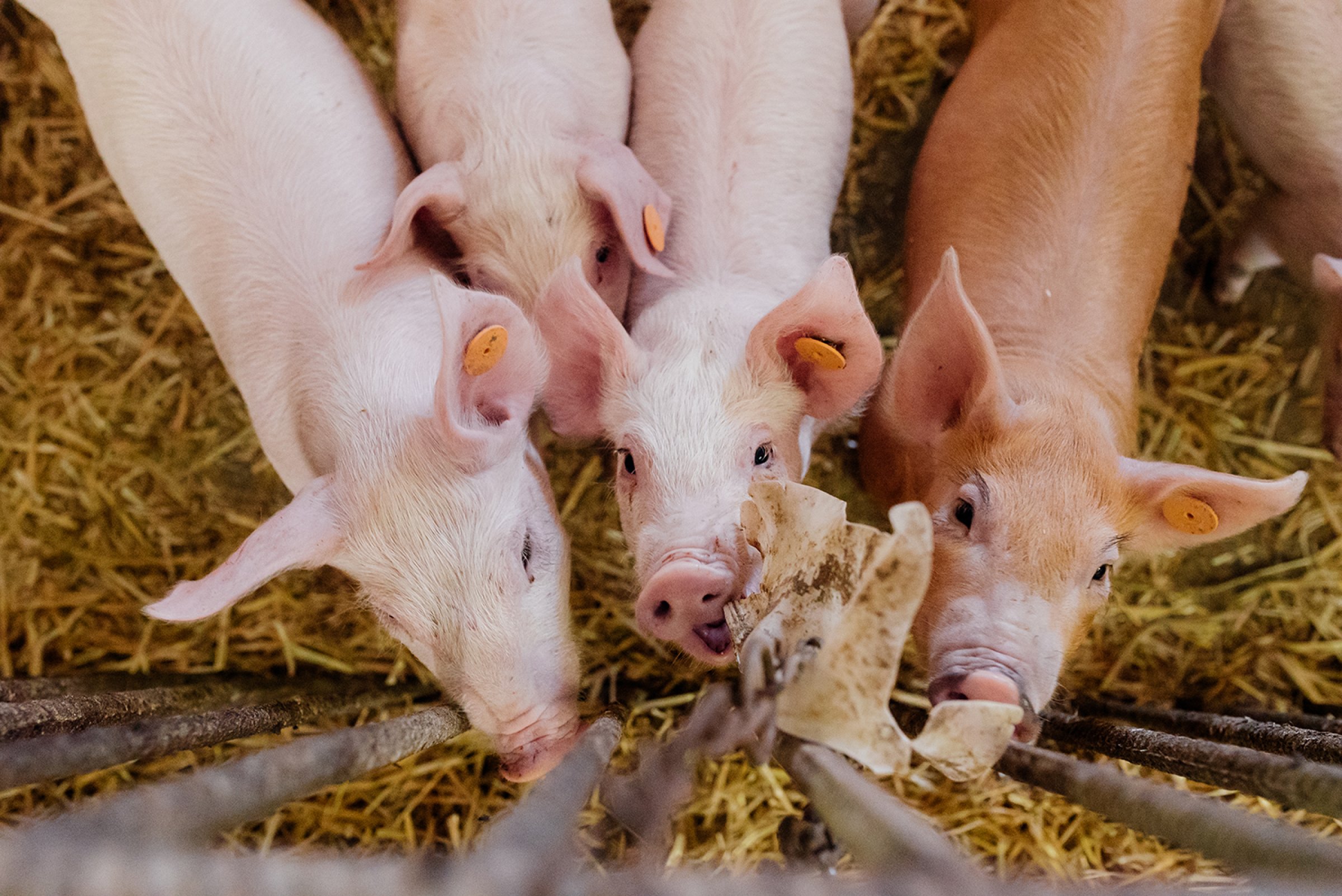Two years without findings of MRSA in pigs
No MRSA has been detected in Norwegian pigs in 2020 and 2021. This absence may result from the entry restrictions to Norway during the COVID pandemic.
-The MRSA monitoring program in pigs have documented for several years now that it is possible to control MRSA and keep the occurrence at a very low level. This is the second year in a row that we have not had any findings of MRSA, says Senior Researcher and Project Manager at the Norwegian Veterinary Institute, Anne Margrete Urdahl.
The monitoring programme for MRSA in pigs, which the Norwegian Veterinary Institute carries out on behalf of the Norwegian Food Safety Authority, examined samples from 763 herds in 2021. Of these, 73 were breeding herds, 11 were breeding pigs, 27 of the largest farrow to grower or farrow to finish herds, and the remaining 652 were fattening herds.
-This good situation may be affected by the COVID pandemic, Urdahl continues.
-The introduction of MRSA to pigs has been shown to come from humans. As a result of less travel activity and entry restrictions to Norway, the occurrence of MRSA in humans has decreased, as shown in the national statistics from the Norwegian Institute of Public Health. A positive effect of this is a lower risk of infection from humans to pigs, she explains, adding that new cases of MRSA in pigs may occur now with less entry restrictions to Norway and with more travelling across national borders.
The MRSA monitoring programme in pigs aims to keep the Norwegian swine population free of MRSA by identifying positive herds for further contact tracking and sanitation of positive herds.

